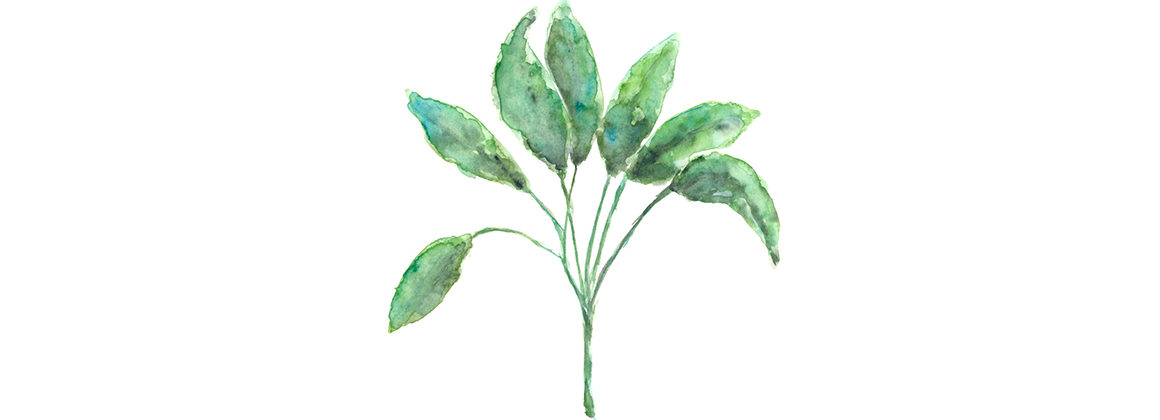narration of book 1, chapter 3, part b
In his Republic, Plato speaks at length of the musical training every child should receive. Not musical as in notes and melodies, but the harmonizing of the guiding affections of the soul. To be human is to be endowed with certain innate affections; God-given gifts that enable us to live in the created world. These affections ought to be trained and directed towards what is good and true, rather than allowed to lean towards what is evil.
Perhaps two of the most evident affections are love and justice. Love has many manifestations: compassion, tenderness, generosity, humility, kindness. The capacity for any and all of these manifestations of love is innate within us from birth. We all have the possibility of acting with love or of failing to do so. Even failure to love in a particular way can be an encouragement; it is a reminder that we have the capacity to show or withhold that kind of love and shows us a tendency towards weakness which can be strengthened redirected towards goodness.
Morals, especially those found in the Bible and other great literature, are a beautiful tool for guiding the affection of love. However, teachers ought to be careful to not take too much liberty in pointing out the moral of the story as they see it. The child will draw a moral out of the story, and because it is the moral they themselves have seen and understood, it will affect their conscience much more than a teacher-given moral. The Bible is an especially powerful tool to provide children with a strong moral base to guide them towards a proper manifestation of love.
Likewise, our innate sense of justice must be cultivated and directed. The call of “it’s not fair” is one often heard from the mouth of a child, and even the youngest toddler has ideas about what is fair in their life. However, this innate sense of justice is immediately corrupted by selfishness and greed; it is therefore the hope of teachers and parents is to align the child’s ideas of justice with the truth.
There are three primary forms of justice with which we ought to be concerned: thought, action, and moral. Justice in thought is seen in our ability to distinguish between our rights and our duties. It is understanding that we all have the same rights as other people, that we all owe the same duties to other people as they owe to us, and that what is fair is not governed by what we think is fair, but by an overarching truth. Justice in action is seen in our integrity. It is the visible manifestation of just thought aligned with our day to day lives. A man may have integrity in his work when he not only does what he says, but does it with honesty and to the best of his ability. In the same way, a school child shows justice in his actions when he does his work well because he understands that it is proper for him to do so; it is not only his privilege but his responsibility to himself and to others around him. Perhaps most importantly, moral justice defines the integrity of our thoughts. It speaks of opinions, values, and the guiding principles of life.
This task, of guiding the affections, is not one to be taken up lightly. As has been noted previously, children have innate capacities for good or for evil. They have unique tendencies towards certain thought patterns, and left to their own devices, their affections will follow whatever current flows strongest within them. Education is capable of providing a strong current only if the affections are truly and deeply touched. This is why the children must be given the best that we have. Everything is for the children, just as it is for adults. They need not only the whole inspired word of God, but the greatest literary, scientific, and artistic works of humanity. Such a rich diet of beauty and truth is what trains their affections and satisfies their need for the formative influence of knowledge.
quotes
“La terre appartient à l’enfant, toujours à l’enfant” – Maxim Gorky
“We must have some measure of a child’s requirements, not based upon his uses to society, nor upon the standard of the world he lives in, but upon his own capacity and needs.”
“In such ways the great thoughts of great thinkers illuminate children and they grow in knowledge, chiefly the knowledge of God.”
“They [the children] are waiting for direction and control, certainly, but still more for the formative influence of knowledge.”
“What we think of other people is a matter of justice or injustice, that a certain manner of words is due from them to all manner of persons with whom they have to deal; and that not to speak those words is to be unjust to their neighbors.”
“They should know that truth, that is, justice in word, is their due and that of all other persons, there are few better equipments for a citizen than a mind capable of discerning the truth, and this just mind can be preserved only by those who take heed what they think.”
“It is a wonderful thing that every child, even the rudest, is endowed with Love.”
“This education of the feelings, moral education, is too delicate and personal a matter for a teacher to undertake trusting to his own resources… they [children] want a great quantity of the sort of food whose issue is conduct, and that is why poetry, history, romance, geography, travel, biography, science, and sums must all be pressed into service.”

